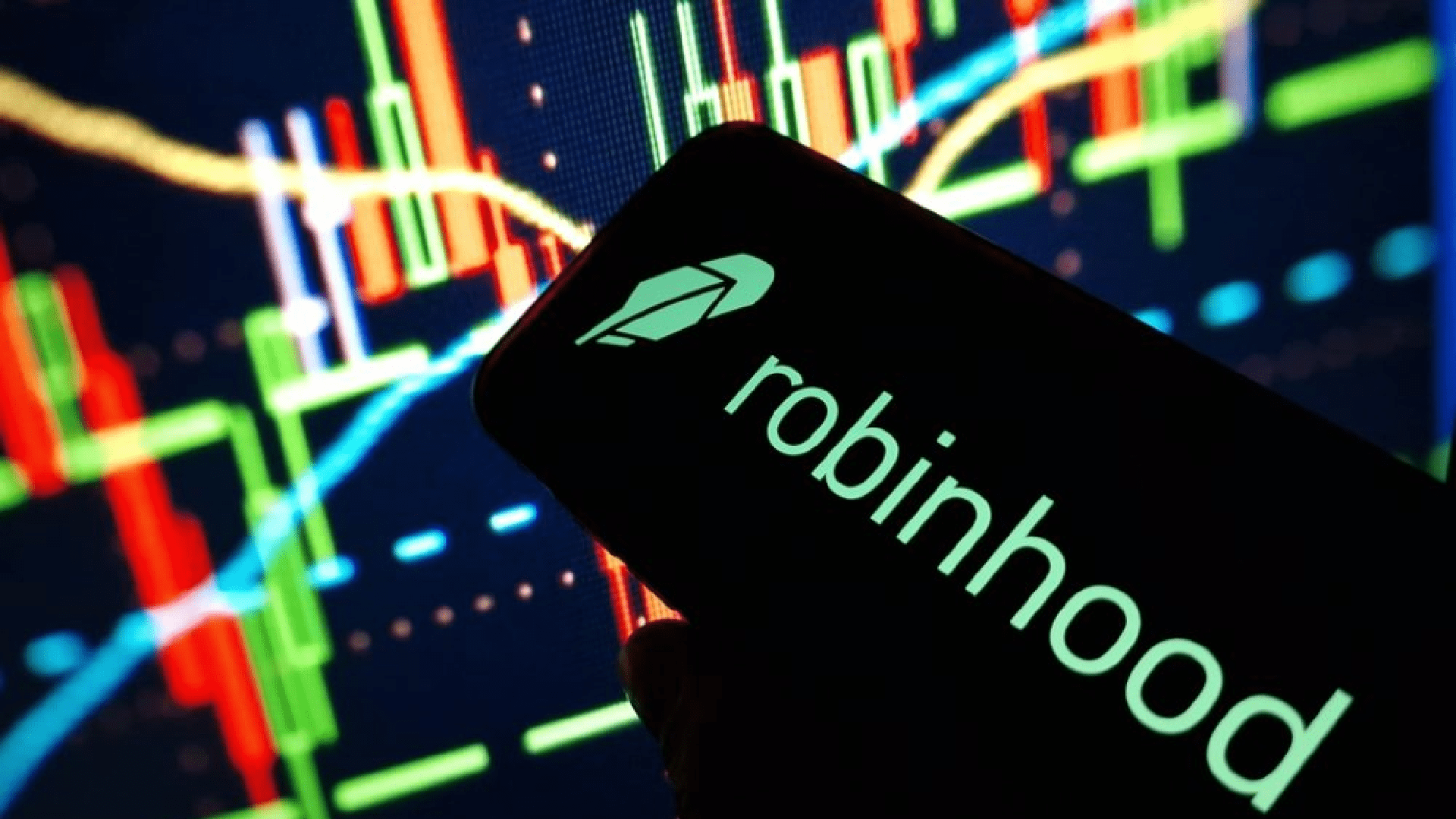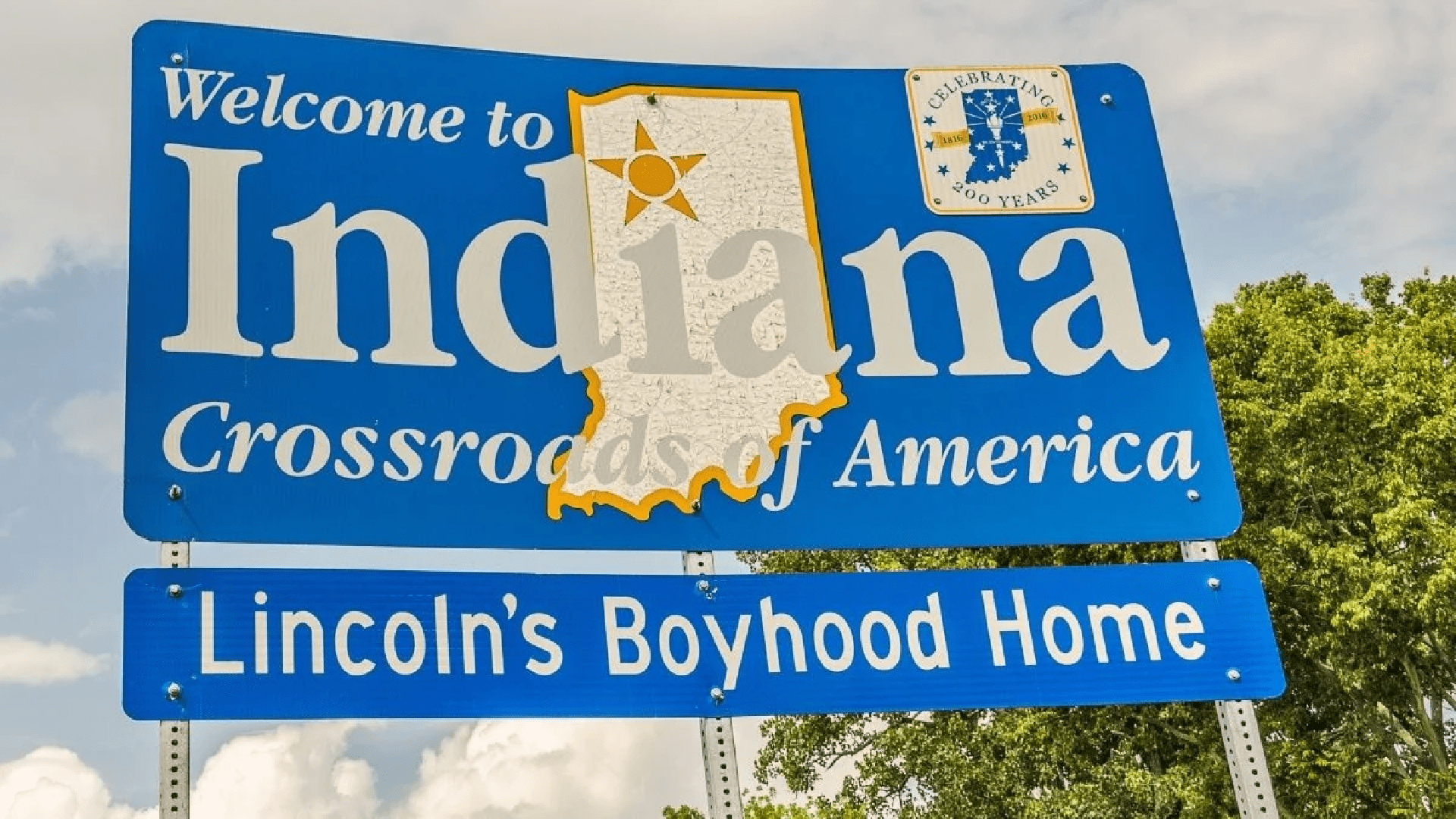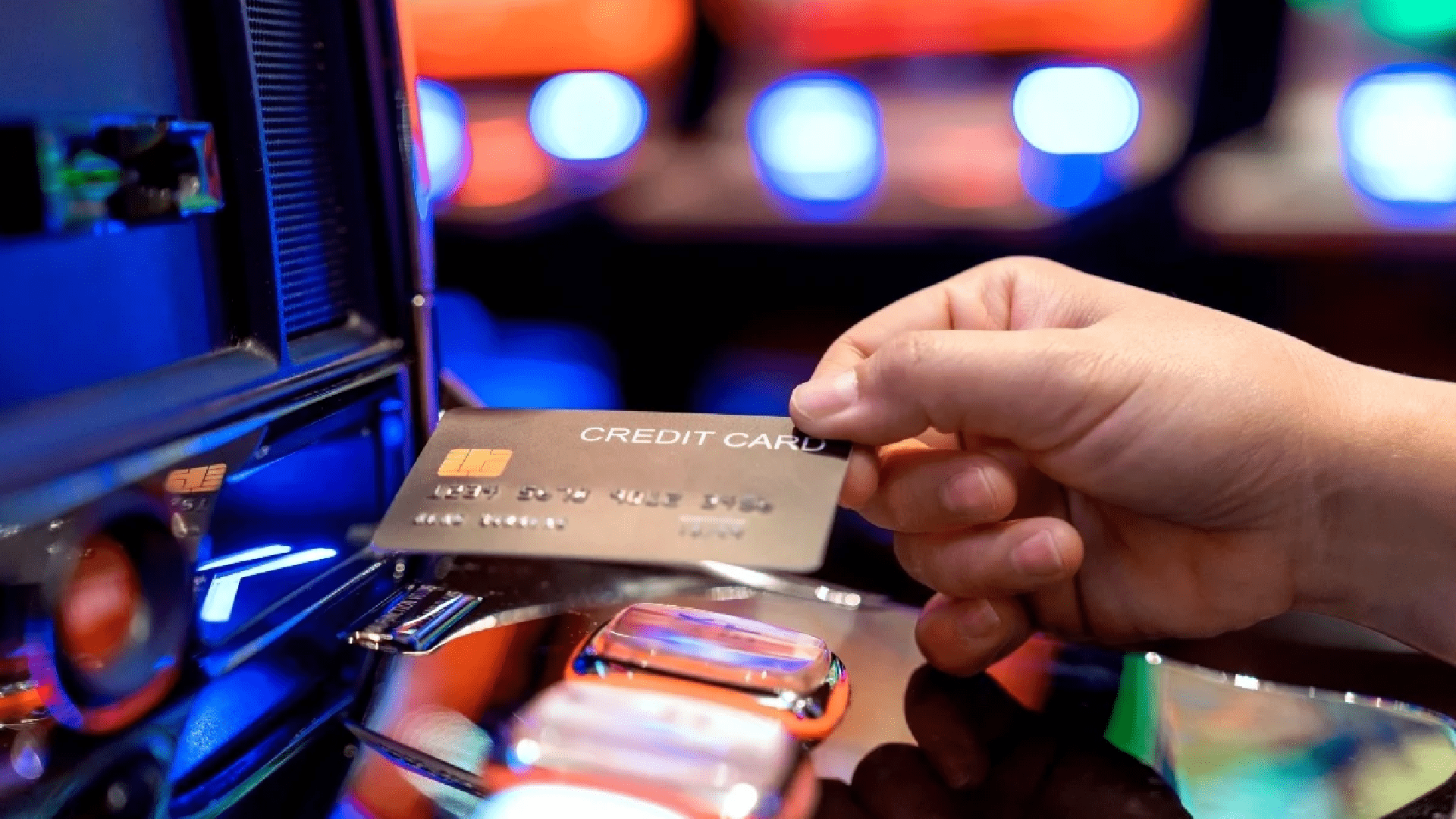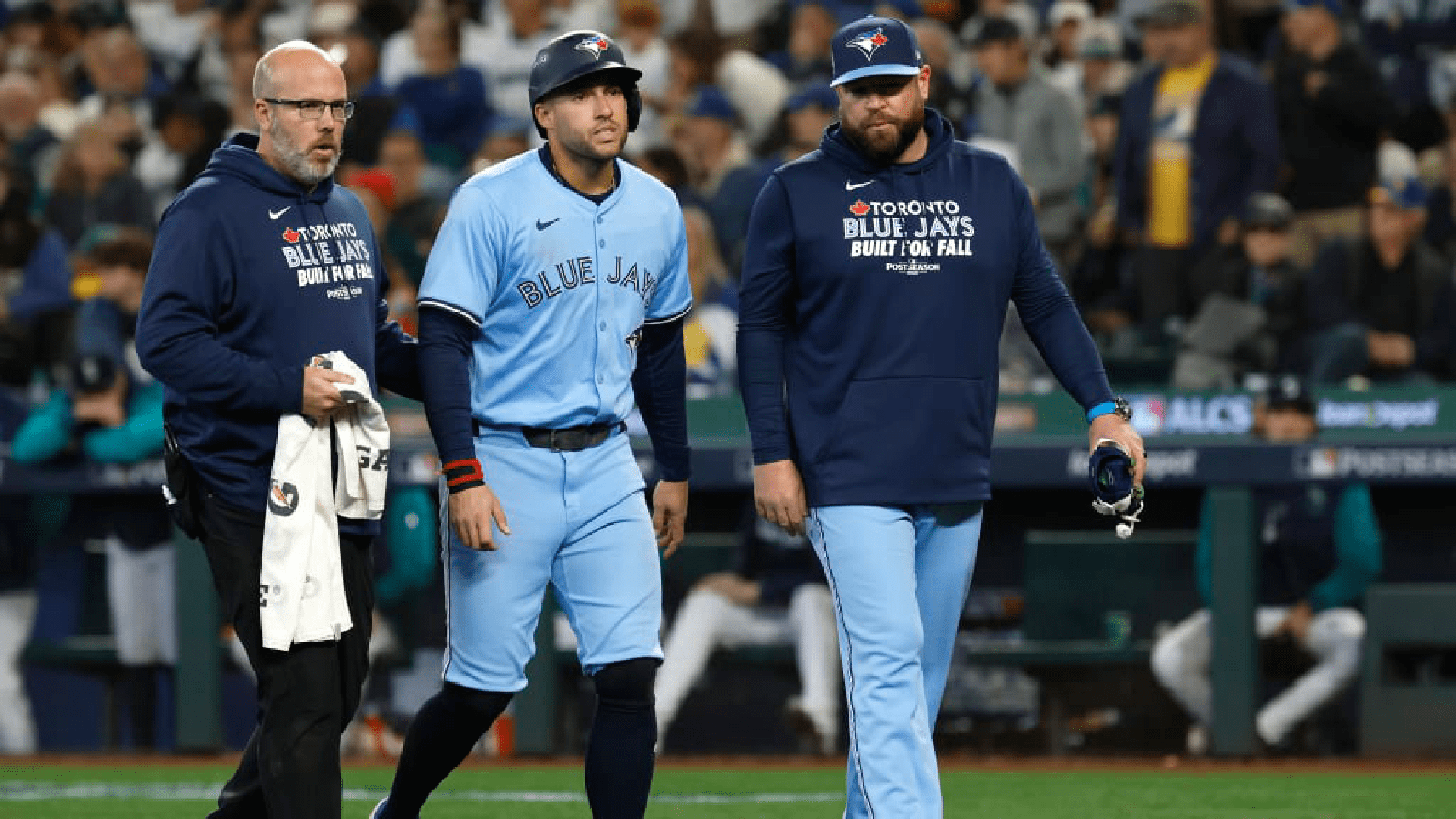
Robinhood Spearheading Intersection of Markets, Sports Betting, Says ARK
Recently, Robinhood Markets (NASDAQ: HOOD) told clients that it will expand into the sports event contracts market by providing NCAA and NFL prediction markets throughout the regular season.
The announcement, which caused controversy in the sports betting sector, may indicate that the brokerage firm is taking use of regulatory benefits that gaming organizations do not. According to Nicholas Grous, an analyst at ARK Investment Management, Robinhood's prediction market offers are subject to federal regulation, which allows the company to sell those contracts to customers in all 50 states. This is a benefit that regular sportsbook operators do not have.
"Because the Commodity Futures Trading Commission (CFTC) regulates the new contracts, users no longer need to navigate a patchwork of state gambling laws, because Robinhood’s prediction markets function more like tradable financial contracts than sports bets,” observes Grous.
The state-by-state regulatory procedures, he continues, "have created friction for both operators and consumers of legal sports betting," according to businesses like DraftKings (NASDAQ: DKNG). Because Robinhood and other prediction market companies don't have to deal with this patchwork of regulations, their regulatory procedure is streamlined.
Additional Distinctions Between Sportsbooks and Robinhood
Prediction markets, even sports derivatives, aren't equivalent to traditional sports wagering, according to a long-standing war cry from businesses like Kalshi that has been mocked by observers in the sports betting sector.
Grous from ARK draws attention to a distinction between DraftKings and Robinhood. He notes that while operators like DraftKing use vigorish, which requires a player to usually bet more than they can win, Robimhood just a flat fee on each event contract transacted. For instance, under -110 odds, the bettor must lay $110 in order to win $100, with the additional $10 serving as the "vig."
“Robinhood and DraftKings have different economic models. Robinhood charges a flat $0.02 per contract traded, with transparent fees and outcomes based on market probabilities,” notes Grous. “In contrast, DraftKings and other sportsbooks embed their margins in the odds—a ‘vig’ typically between 4–6%. Because of the embedded fee structure, bettors need to outperform the sportsbooks’ typical 52–55% win rate simply to break even.”
Critics of prediction market operators, however, contend that the per contract cost is similar to the vig and that the former are using legal loopholes to pose a threat to sportsbook operators. The threat is not being ignored by the gaming industry. The announcement of Flutter Entertainment's (NYSE: FLUT) FanDuel's collaboration with CME Group (NASDAQ: CME) to provide event contracts based on financial markets and economic events has raised questions about when DraftKings will join the group.
Skin the Game is ARK's
One of the biggest investors in Robinhood is Cathie Wood's ARK Investment Management, which owns the financial services stock in a number of its exchange-traded funds (ETFs), including its flagship ARK Innovation ETF (NYSE: ARKK).
Given that Wood's company has been a significant investor in DraftKings for a long period, the aforementioned remarks from the firm do not imply that DraftKings is being disparaged.
Three of the issuer's products are among the top 12 ETF holders of DraftKings stock, while three ARK funds are among the top three ETF owners of Robinhood shares.








